
A scene from VH1’s Flavor of Love
I have a guilty pleasure for reality television—the home of the Kardashians, ‘real’ housewives, celebrities, and catfights. When I was eight years old, the first reality television series I’ve ever watched was VH1’s Flavor of Love (2006), a similar, but satirical take on ABC’s The Bachelor. One of the infamous moments on Flavor of Love involved a woman spitting on another woman after being eliminated from the show. Not only that, but the show was a great way o f showcasing sex, physical violence and profanity. My parents never warned me about watching reality
f showcasing sex, physical violence and profanity. My parents never warned me about watching reality
television shows, but eventually, I grew up realizing that reality TV shows has a major involvement in the behaviors of our society. It’s evident that the reality television universe is emerging and not in the best way. So, here’s my question: Is reality TV show detrimental to society? The behaviors we see on television, like verbal and physical altercations, and shameless partying, is what occurs in society as well. When it comes to reality television, people may think that it’s entertaining, but others take it seriously, and here’s why.
Reality television, according to Brad Gorham of Syracuse University, has an effect on the behaviors of people in society. He claims that people are easily influenced by reality television because they eventually copy the behaviors portrayed on television and use them in real life.
According to Philip Ross of International Science Times, reality television has a detrimental impact on our perceptions of the world based on an observational study from University of Winsconsin. In this study, 145 students from the university were surveyed based on reality television consumption. This study concluded that reality television viewers believe that the argumentative and conniving behaviors portrayed on television shows is considered normal in today’s society.
Based on another study from Lisa K. Lundy in 2008, researchers gathered 34 participants, conducted four groups to discuss the social effects of reality television. As a result, there were mixed comments on the term ‘reality TV’. In fact, most participants considered reality television as an escape from reality, an irresistible phenomenon, or immoral. Similar to Lundy, Jaime Riccio, a student at Syracuse University developed focus groups. In this study, Riccio concluded that reality TV causes problematic behaviors in people, especially towards the younger generation. By juxtaposing three of these studies from Ross, Lundy, and Ciccio, it would further demonstrate that reality TV viewers have varied opinions on what is moral or not for society when it comes to reality television.
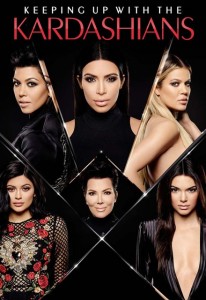
Keeping Up With the Kardashians, a popular reality TV series on E!
Reality television is an addicting phenomenon, and researchers have claimed that society is so addicted to shows, such as Keeping Up With the Kardashians, The Real World, even American Idol, because it’s entertaining, relatable, and interactive with its audiences. What makes reality TV so addictive is what occurs on the show. Producers intentionally edit the shows for the viewers’ pleasure. According to Michelle Crouch of Reader’s Digest, producers alter scenes for their show to showcase conflicts between different cast members. In addition, cast members’ behaviors are portrayed differently, allowing the audience to choose who’s likable and who’s not.
Null hypothesis: Reality TV shows has no effect on the behaviors of people in society.
Alternative hypothesis: Reality TV shows influence bad behaviors in people.
x-variable: Reality TV consumption; y-variable: People’s behavior
Based on the variety of studies, observations, and views from researchers, the correlation between reality television and societal behaviors is vague. It’s difficult to determine whether reality television has a good or bad influence on people in society because not all reality television series are bad. What I learned from these observational studies is that people have different perceptions of what is real and what is not in reality television, compared to real life. After all, we can’t change viewers’ opinions. What can be changed, though? With this phenomenon, it seems like the emergence of reality television shows is unstoppable. Why? Because reality TV is popular, and also very profitable, and that factor has to be considered.
In addition, reverse causation can be ruled out, but third confounding variables can’t be based on the hypothesis. For instance, there are many other causes or influences of societal behavior. For instance, the community or environment that people are surrounded by is a great cause of how people act or behave in real life. This could also be due to chance.
Overall, there is no clarity of whether reality television is a negative influence on society,

Oxygen’s reality television series, Bad Girls Club. Photo courtesy of Oxygen.
but it doesn’t mean it does not have an influence at all. Reality TV is just a continuously progressing phenomenon in society, and people have mixed opinions on these shows. But, one thing I know, it is definitely entertaining. That’s why I tune in to Bad Girls Club every Tuesday!
Which reality TV show is your guilty pleasure? Comment below!
SOURCES:
<http://www.isciencetimes.com/articles/6069/20130916/reality-tv-s-impact-viewers-shows-real.htm>
<http://college.usatoday.com/2012/04/18/the-real-effects-of-reality-tv/>
<http://www.rd.com/culture/13-secrets-reality-tv-show-producers-wont-tell-you/>
<http://news.psu.edu/story/141303/2009/08/24/research/probing-question-why-do-we-love-reality-television>







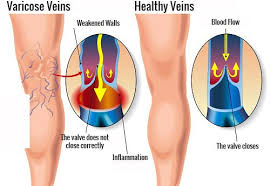
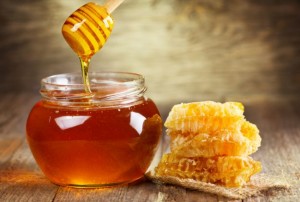

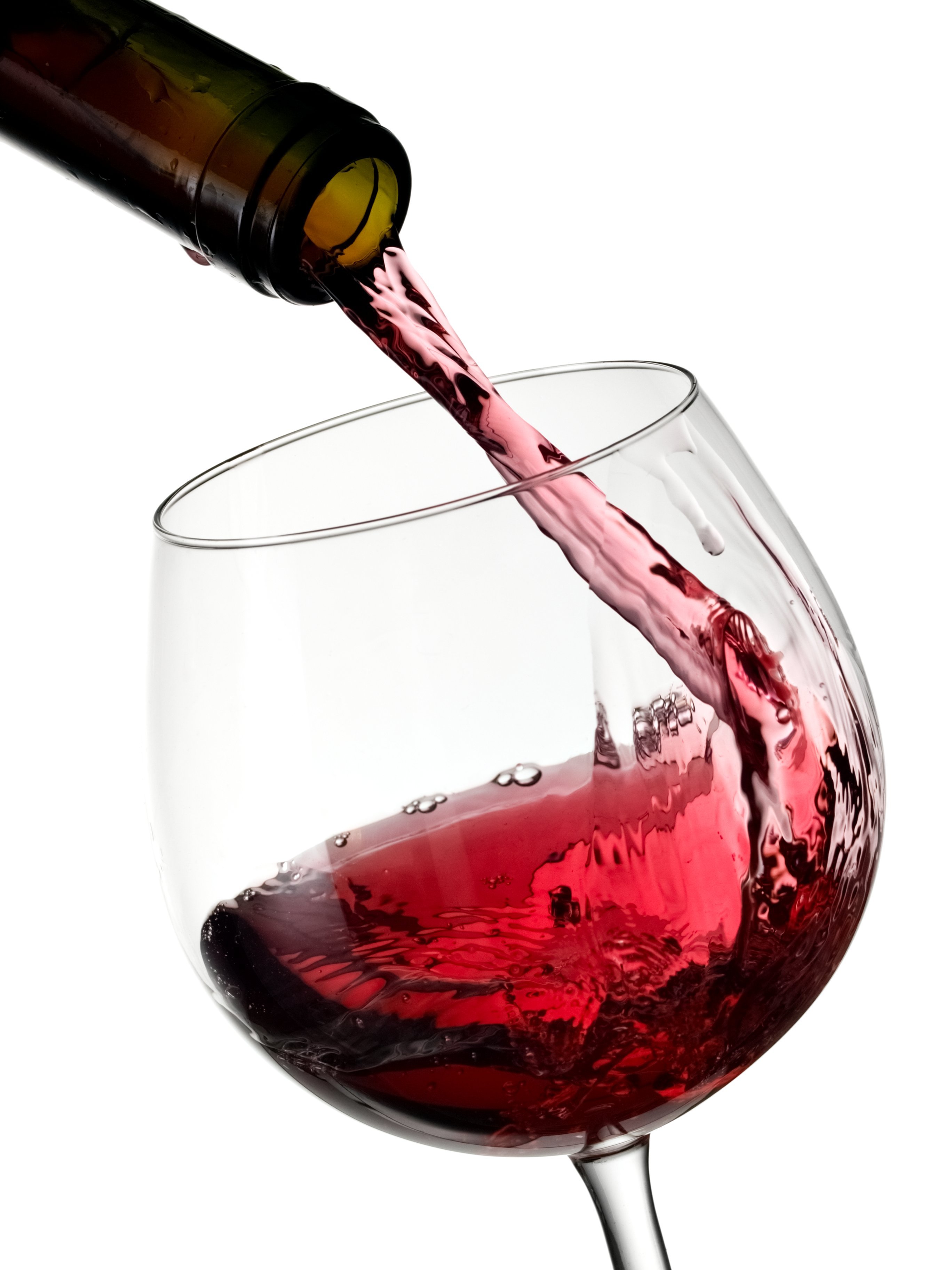




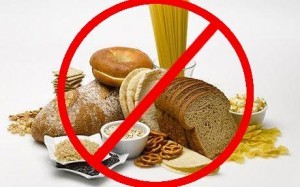








 cancer than Hispanic-whites with darker skin. However, the light skin doesn’t appear to be the determining factor because in China and Singapore, incidence of skin cancer is lower than that in the US. (Armstrong) In China and Singapore though, tanning and darker skin is not as appealing as it is in the US. Indoor tanning tends to be more popular in Northern countries, in areas with less sun. It is in these countries that skin cancer is more prominent. A study done in Sweden showed that more than 50% of its female participants under 24 years old have already artificially tanned.
cancer than Hispanic-whites with darker skin. However, the light skin doesn’t appear to be the determining factor because in China and Singapore, incidence of skin cancer is lower than that in the US. (Armstrong) In China and Singapore though, tanning and darker skin is not as appealing as it is in the US. Indoor tanning tends to be more popular in Northern countries, in areas with less sun. It is in these countries that skin cancer is more prominent. A study done in Sweden showed that more than 50% of its female participants under 24 years old have already artificially tanned.





 f showcasing sex, physical violence and profanity. My parents never warned me about watching reality
f showcasing sex, physical violence and profanity. My parents never warned me about watching reality

 implication with all allergies like peanuts, shell fish, egg, and milk just to name a few. There is new research that says early exposure to peanuts can lead to decrease chances of developing allergies later. This could be a way to decrease the amount of people that are allergic, it would be
implication with all allergies like peanuts, shell fish, egg, and milk just to name a few. There is new research that says early exposure to peanuts can lead to decrease chances of developing allergies later. This could be a way to decrease the amount of people that are allergic, it would be








